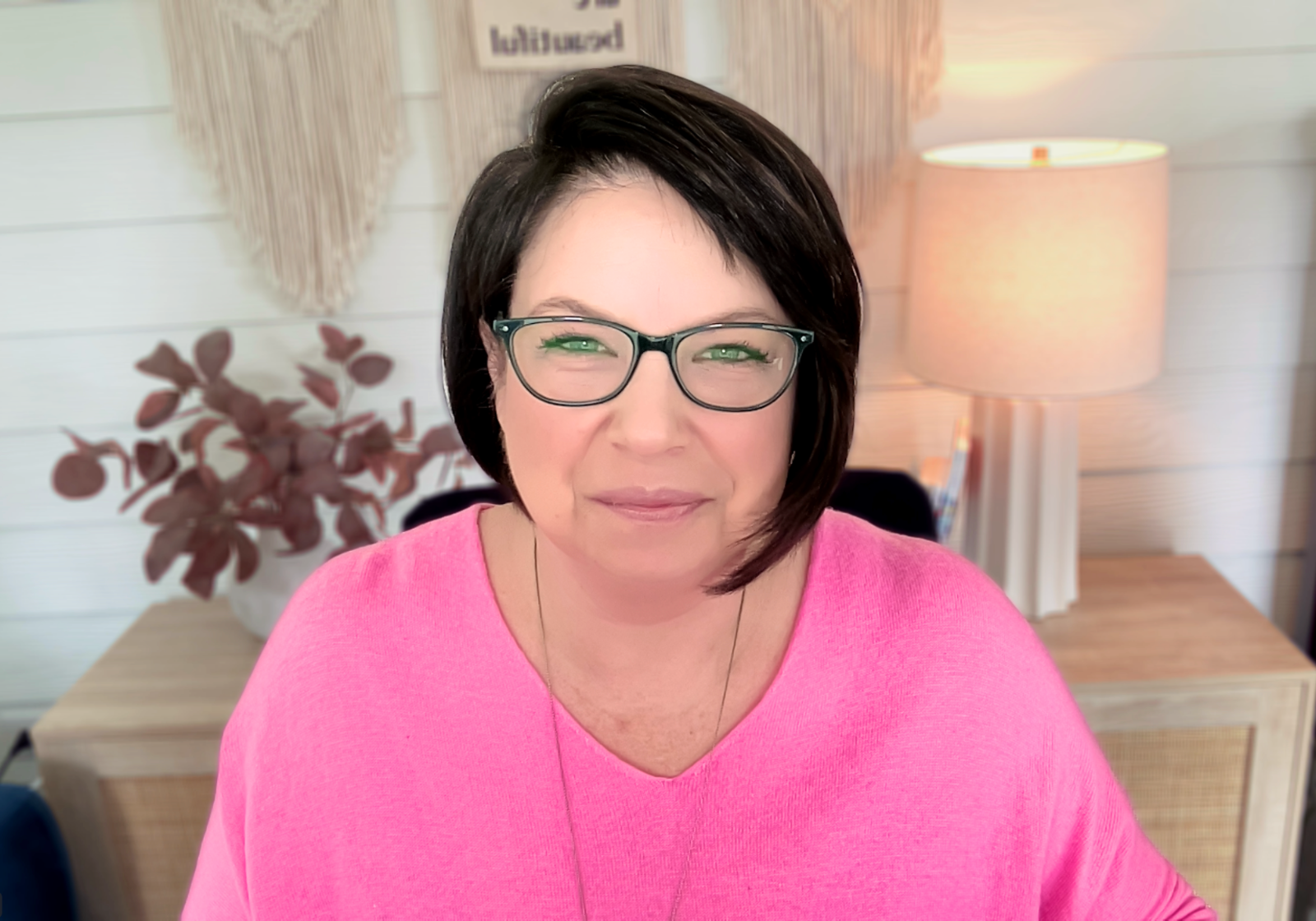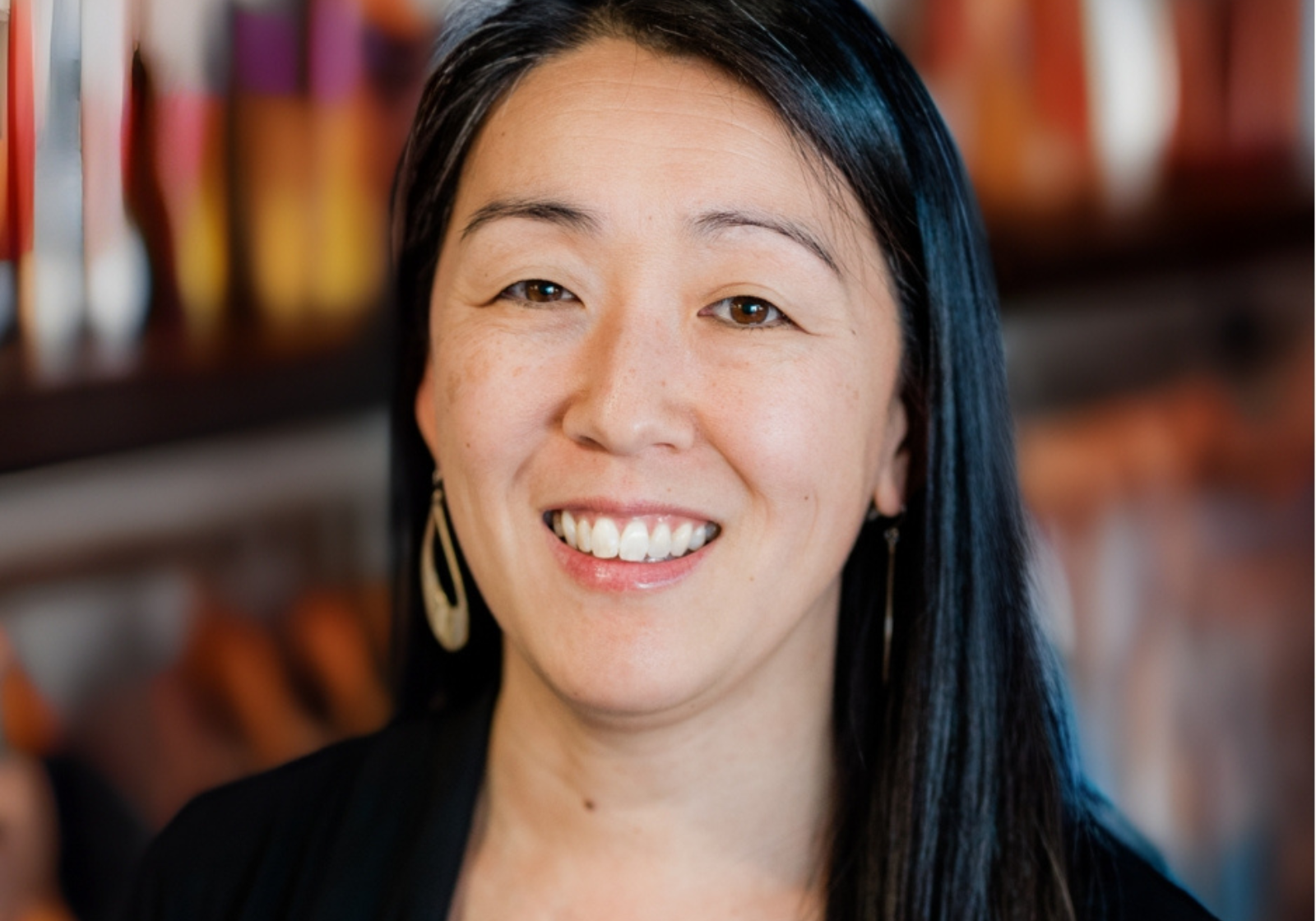
14 days to fewer meltdowns and easier days.
You don’t need more discipline or another parenting trick.
This 14-day reset shows you what to do before, during, and after meltdowns so life starts feeling doable again.
Get instant access for just $23 USD.









